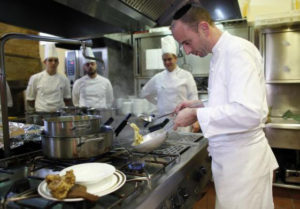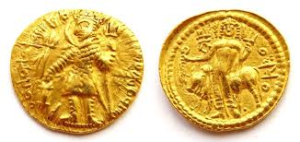Beitza 17 a-b
1- Our Gemara discusses the case of an individual that forgot to make an Eiruv Tavshilin and cannot rely on the Rov.
What is the consequence of not making an Eruv Tavshilin? There are two options:
- He is forbidden to cook for Shabbos, and his flour may also not be baked for Shabbos; or,
- He is forbidden but his flour is permitted.

If we assume option 1 then his flour can be used by others.
If we assume option 2 then his flour is prohibited for him to use but it can be given as a gift to another person in order to be prepared.
We discussed the Tosfos that have another take on this. They quote this from the Be”hag, one of the few books written by the Geonim which we posses.

The Be”hag was the first one to itemize the exact 613 Mitzvos. The Rambam had many issues with the Ba”hag’s enumeration and listed them differently.
2- The next topic in our Gemara deals with someone that did not make an Eiruv Tavshilin but intentionally cooked or baked anyway. The question is, would he be allowed to eat the cooked food on Shabbos.
The Gemara quotes a Bereisa that allows a person who mistakenly ate his Eiruv Tavshilin prior to cooking for Shabbos to add food for Shabbos into the pot of food being cooked for Yom Tov. But it concludes that one may not ‘cheat‘ בלבד שלא יערים – and cook a fresh pot (after the Yom Tov meal is cooked) just for Shabbos. The Gemara wants to compare the prohibition of ‘cheating’ and cooking intentionally without an Eiruv .
We discussed the difference between ‘cheating’ versus doing something intentionally.
3- The next topic were the seforim written by Reb Baruch Epstein. Son of the famous Reb Yechiel Michel Epstein who authored the Aruch Hashulchan.
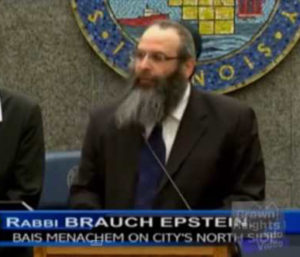
No…not this one.
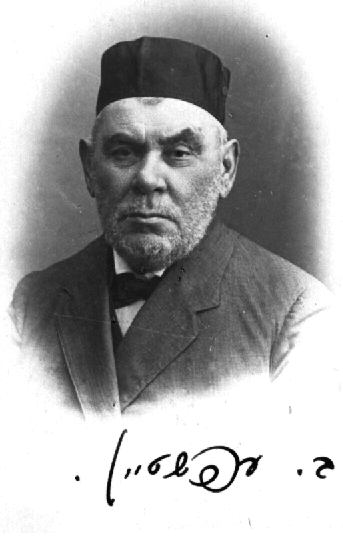
We discussed Reb Baruch’s ‘history’ book ‘Mokur Baruch’ which contains many embellishments on the truth – primarily concerning his father’s visit to the Tzemach Tzedek. See here a critical review by the late Reb Yehoshua Mundshein.
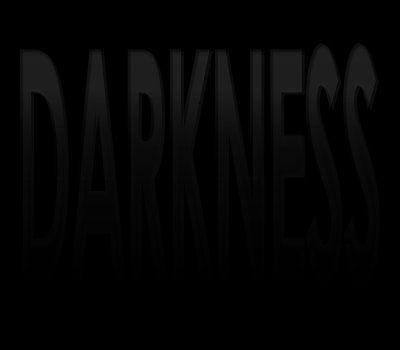
We read the text of his Chumash – Torah Temima- where he comes up with a unique take of the plague of darkness – Choshech. Trying to reconcile the saying of Chazal that the thickness of the ‘dark’ was the thickness of a Dinar coin, he suggests that a ‘skin’ (the thickness of a coin) was miraculously placed on the eyes of the Mitzriyim.
